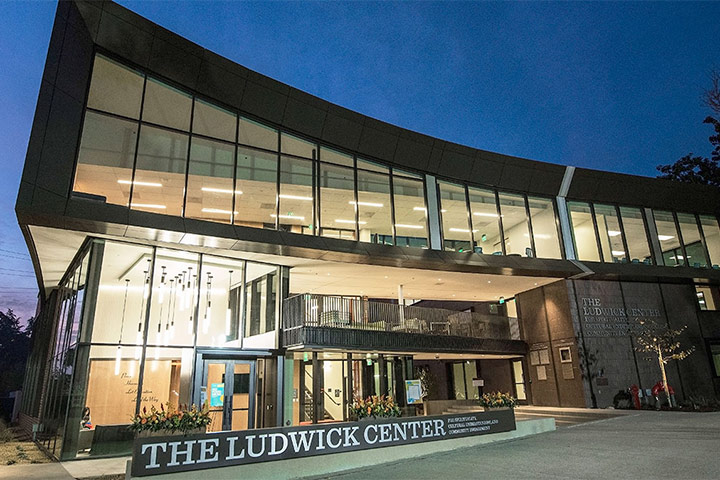La Verne Law Ranks 3rd Nationally in Diversity
Diversity has long been a fundamental tenet found at the heart of the mission statements of both the University of La Verne and its College of Law. Now statistics are reflecting the impact of that commitment on a national level as La Verne Law has earned the No. 3 ranking among the nation’s most diverse law schools.
In its Winter 2015 edition, preLaw magazine gave La Verne Law an A+ and placed it third on the publication’s Best Law School’s For Diversity ranking. Only top-ranked Texas Southern University’s Thurgood Marshall School of Law and No. 2 University of the District of Columbia’s David A. Clarke School of Law finished ahead of La Verne Law.
Seven other California law schools were named to the list, but La Verne was the only one to receive an A+ grade and the lone California school included in the Top 10.
A jump in faculty diversity – from 22.7% in 2012 to 33% this year – helped the College of Law move up from 19th in the publication’s previous diversity ranking (released biennially) to the No. 3 spot. And only two schools among the top 28 had a higher percentage of Hispanic students enrolled than La Verne’s 28.4%.
The recognition follows up La Verne Law Dean Gilbert Holmes being presented the very first Presidential Recognition Award during the State Bar of California’s Annual Meeting last fall. The Access to Justice Award, presented by outgoing State Bar President Luis J. Rodriguez, honored Holmes’ efforts involving tuition, diversity and access to justice.
When he started as Dean at La Verne Law, Holmes began gathering a group to establish what he calls the “La Verne Law Model of Legal Education.” The values captured within the model mirror those tenets found in the University’s mission statement.
“The notion of lifelong learning, of diversity and inclusivity, civic and community engagement, and ethical reasoning and decision making – those are things by which I have basically lived my life,” Holmes said. “Those are things in which I believe.”
This latest national ranking underscores the progress of the College of Law and reinforces its aim to be the most unique law school in the nation.
“I truly believe that La Verne Law is in a position to provide leadership as an institution that produces graduates who will be successful in every aspect of the communities they serve, and as an institution developing and implementing innovative and effective ways to educate and train the lawyers and leaders of the future,” Holmes said.


